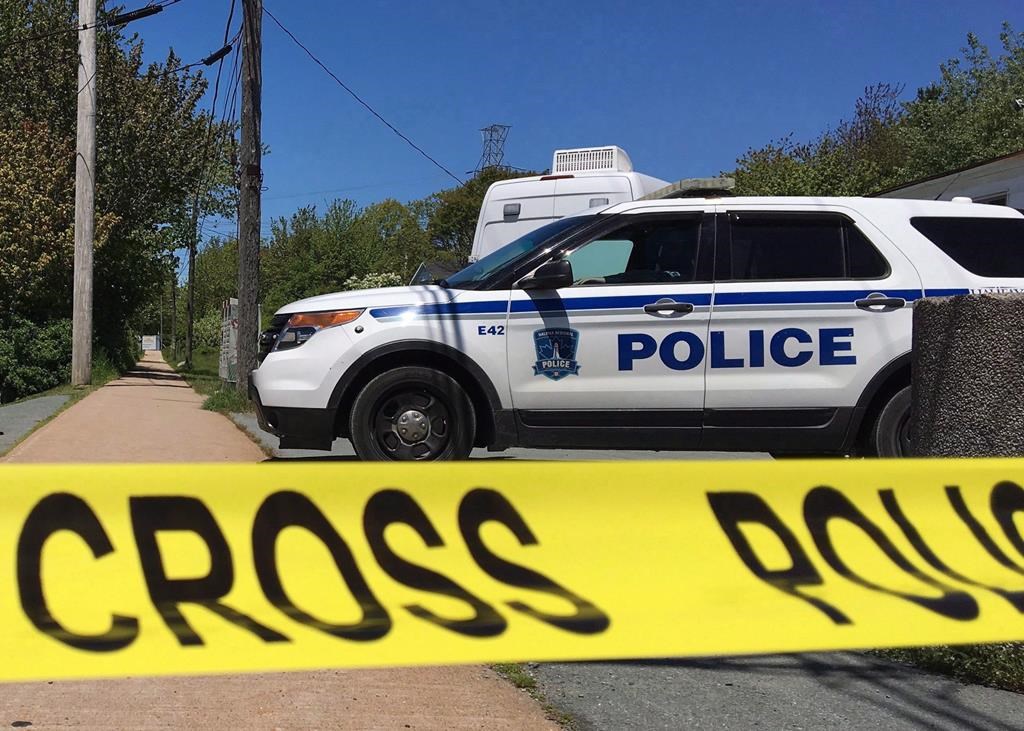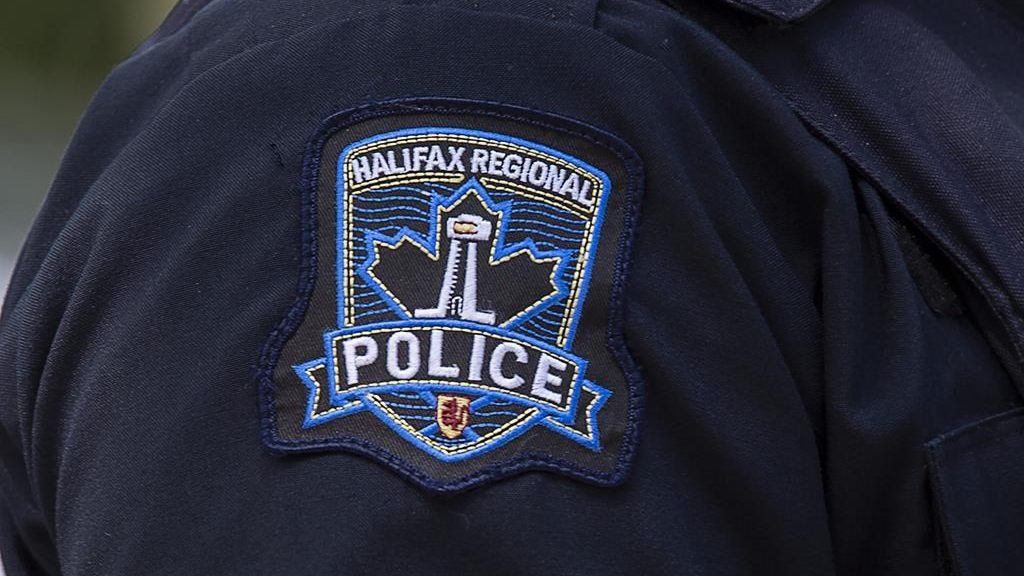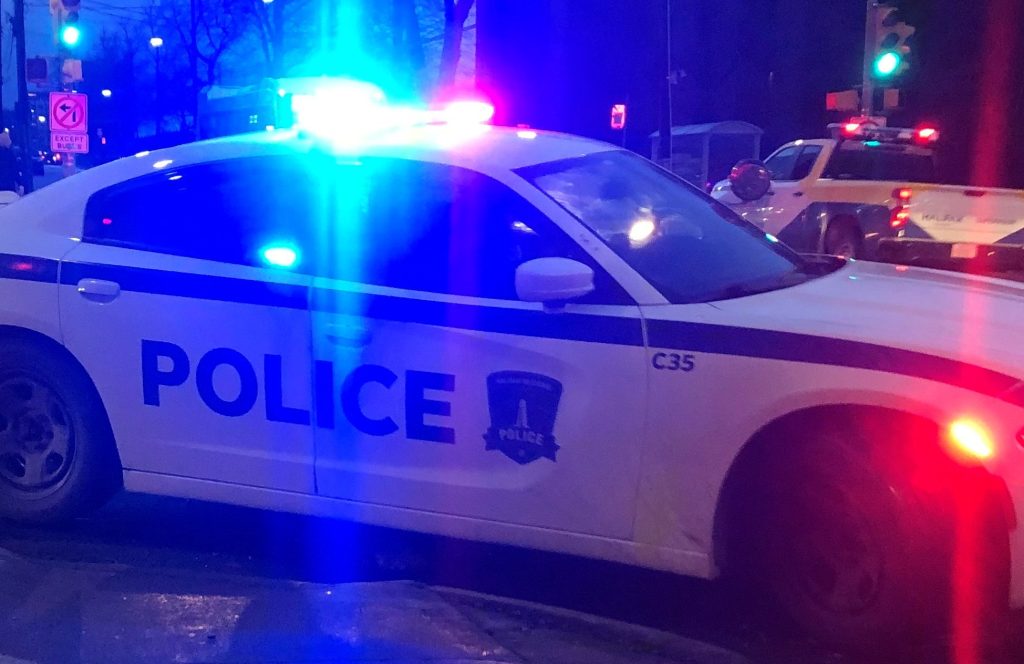Obama within reach of electoral votes for 2nd term; Romney could still win but path narrower
Posted Oct 1, 2012 12:47:52 AM.
This article is more than 5 years old.
LAS VEGAS, Nev. – President Barack Obama took a break from preparing for a debate with Republican nominee Mitt Romney to speak at a rally in a Latino neighbourhood in Nevada five weeks from Election Day.
Romney remained in Boston on Sunday, going through preparations of his own for Wednesday’s event.
Obama is within reach of the 270 electoral votes needed to win a second term. Republican Mitt Romney’s path to victory is narrowing. To overtake Obama, Romney would need to gain the upper hand in nearly all of the nine states in which he and Obama are competing the hardest.
Polls show the president with a steady lead in many of them as Romney looks to shift the dynamics of the race, starting with their first debate in Denver.
At the evening rally, Obama said that while some people might be focused on who has the best “zingers” in the debate, he was focused on having a serious discussion about the nation’s future.
“That is what people are going to be listening for,” he said. “That’s the debate you deserve.”
Obama drew more than 11,000 people to an evening rally in Nevada, a Western battleground state. The Las Vegas event was aimed in part at boosting enthusiasm among Hispanics, a key source of support for Obama in Nevada. The popular Mexican rock band Mana performed ahead of the president’s remarks.
Romney’s running mate Paul Ryan says there’s time for the Republican ticket to win. “In these kinds of races people focus near the end, and that’s what’s happening now,” he told “Fox News Sunday.”
A prominent Romney supporter, New Jersey Gov. Chris Christie said he expected Romney’s debate performance in Denver to shake up the campaign after a “tough couple of weeks.” Christie predicted Romney would do “extraordinarily well,” and that come Thursday morning, “this whole race is going to be turned upside down.”
But a top Obama adviser, David Plouffe, cast doubt on how much the debate would turn around the race.
“They expect to come out of this with the race fundamentally changed. Now, what does that mean?” asked Plouffe. “If it’s going to fundamentally change, that means in seven or 10 days from now you’ll see states like Ohio tied, the state of Iowa tied because that’s what really matters here. So they have set the bar quite high.”
If the election were held today, an Associated Press analysis shows Obama would win at least 271 electoral votes, with likely victories in crucial Ohio and Iowa along with 19 other states and the District of Columbia. Romney would win 23 states for a total of 206.
To oust the Democratic incumbent, Romney would need to take up-for-grabs Florida, Colorado, Nevada, North Carolina, New Hampshire and Virginia, which would put him at 267 votes, and upend Obama in either Ohio or Iowa.
U.S. presidents are elected not by national popular vote but in state-by-state contests. Each state gets one electoral vote for each of its representatives in the House and Senate. There are 538 votes in the Electoral College, and a candidate must have at least 270 to win. Except for Maine and Nebraska, states award all their electoral votes to the candidate who wins the state.
The AP analysis isn’t meant to be predictive. Rather, it is intended to provide a snapshot of a race that until recently has been stubbornly close in the small number of the most contested states.
It is based on a review of public and private polls, television advertising and numerous interviews with campaign and party officials as well as Republican and Democratic strategists in the competitive states and in Washington.
In the final weeks before the Nov. 6 vote, Obama is enjoying a burst of momentum and has benefited from growing optimism about the economy as well as a series of Romney stumbles. Most notably, a secret video surfaced recently showing the Republican nominee telling a group of wealthy donors that 47 per cent of Americans pay no federal income taxes and consider themselves victims dependent on the government.
To be sure, much could change in the coming weeks, which will feature three presidential and one vice-presidential debate. A host of unknowns, both foreign and domestic, could rock the campaign, knocking Obama off course and giving Romney a boost in the homestretch.
Barring that, Romney’s challenge is formidable.
Obama started the campaign with a slew of electoral vote-rich coastal states like New York and California already in his win column. From the outset, Romney faced fewer paths to cobbling together the state-by-state victories needed to reach the magic number.
It’s grown even narrower in recent weeks, as Romney has seen his standing slip in polls in Ohio, with 18 electoral votes, and Iowa, with six. That forced him to abandon plans to try to challenge Obama on traditionally Democratic turf so he could redouble his efforts in Ohio and Iowa, as well as Colorado, Florida, New Hampshire, North Carolina, Nevada and Virginia.
Romney is hoping that come Election Day, on-the-fence voters tip his way. But there are hurdles there, too.
Early voting is under way in dozens of states, and national and key state surveys show undecided voters feel more favourably toward Obama than Romney.
Ohio’s shifting landscape illustrates Romney’s troubles over the past few weeks. No Republican has won the presidency without taking Ohio.
Republicans and Democrats agree that Obama’s solid lead in public and private polling in the state is for real. Over the past month, the president has benefited from an improving economic situation in the state; its 7.2 per cent unemployment rate is below the 8.1 per cent national average. Obama’s team also attributes his Ohio edge to the auto industry bailout and General Motors plant expansions in eastern Ohio.
Obama and his campaign have hammered Romney on his tax policies, arguing that the former Massachusetts governor favours the rich while the president is a defender of everyone else.
Underscoring his challenges, Romney also has been forced to spend millions of dollars a week defending himself in North Carolina, a Republican-leaning state that’s more conservative than most of the states that will decide the election.
Polls now show a competitive race there. Democrats boast of having registered 250,000 new voters in the state since April 2011. It’s an eye-popping total in a state that Obama won by just 14,000 votes four years ago. A flood of new voters, presumably a chunk of them Democrats, could help keep that state within Obama’s reach this year.
Romney now faces an extraordinarily tight path and few options but to bear down in the states where he is competing aggressively. Time, though, is running out.
Plouffe, the top Obama adviser appeared on NBC’s “Meet the Press” and ABC’s “This Week.” Christie spoke on NBC, ABC and CBS’ “Face the Nation.”
___
Associated Press Deputy Director of Polling Jenifer Agiesta, AP news Survey Specialist Dennis Junius and AP writer Josh Lederman in Washington, Associated Press writers Thomas Beaumont in Iowa, Dan Sewell in Ohio, Beth Fouhy in New York and Julie Pace in Chicago contributed to this report.










